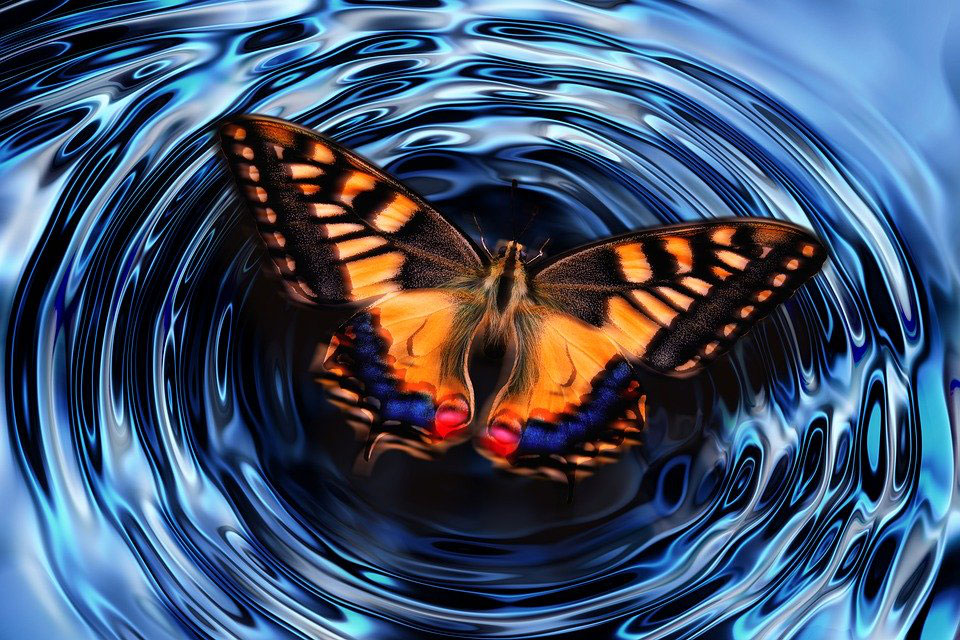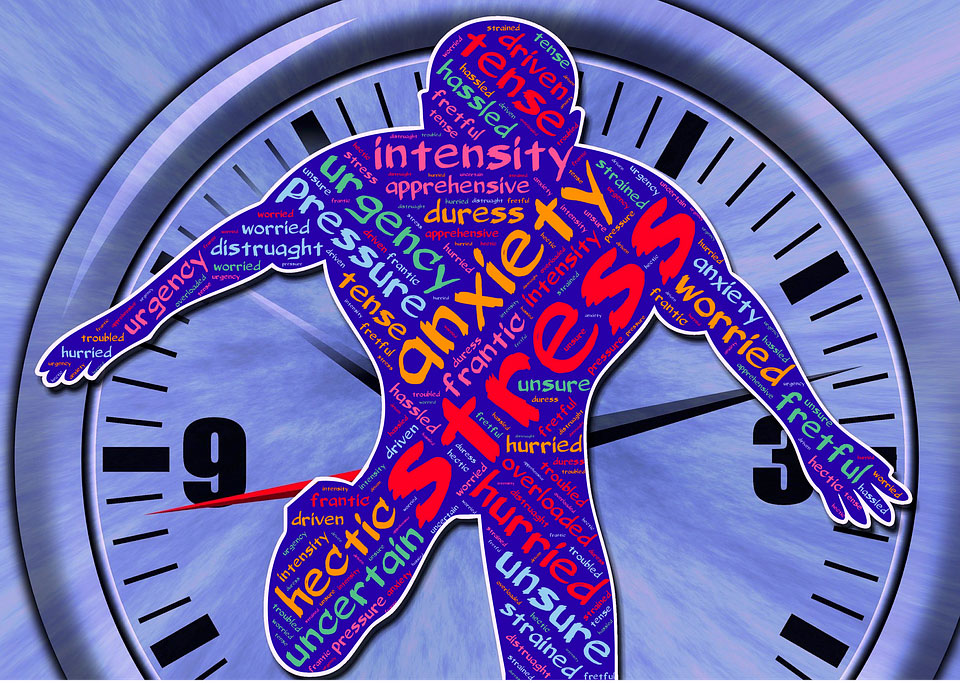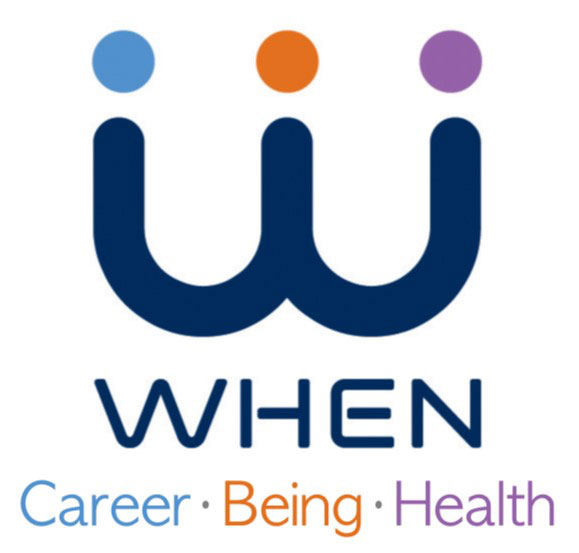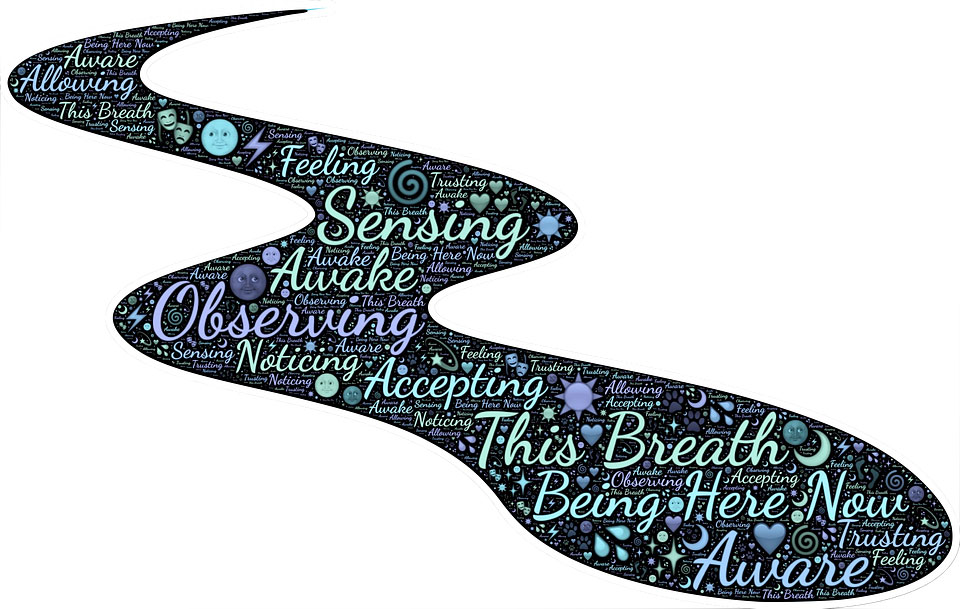
Burt Bacharach famously sang, “What the world needs now is love, sweet love…”
But today, I’d update that classic lyric with a simple, yet profound shift – because what I believe the world needs now is… not a New Normal, but a New Way of Life,
In speaking with Randy Miller, the founder of WHEN, I was struck by his passion to make lives better and his precise thinking that a “New Life” is possible instead of a “New Normal.”
His thoughts stuck with me because there is actually a foundation of science that can be incorporated into the concept of creating a New Life, which I’d like to share with you.
Where do we start?
We can start our new way of life by building our resilience muscles.
Resilience is the process of adapting to and growing from change or adversity. As a naturopathic doctor treating thousands of patients over 20 years in medicine, I experienced the transformation of many of my patients as they gained biologic resilience and accordingly, got their health and their lives back.
Resilience can be an odd fellow. Most think of grit, perseverance or toughness when we use that word. In the world of health, resilience can be digestive, immune, mental, emotional, dermatological or hormonal. As patients learn to identify and remove the causes of their symptoms and/or conditions, they allow the burden of those stressors to lift and the self-healing powers of the body to restore balance. In other words, resolution of their symptoms is enabled by restoring BIOLOGICAL resilience, not by suppressing symptoms with medications.

Understanding the Neurobiology of Resilience
Resilience is truly biological. It results from our response to stress. The way individuals respond to stress and adversity is highly variable, so remember not to compare yourself with others. This neuro-hormonal response will not be foreign to you. YOUR brain perceives stress and initiates a cascade of hormonal events finally resulting in production of the stress hormone cortisol. In fancy medical terms, it’s known as induction of the hypothalamic-pituitary-adrenal (HPA) axis. Cortisol production is a normal and beneficial response to stress. And I should insert here that stress is not ONLY emotional. Stress can by dietary, social, financial or work-related.
The point is, your brain does not discriminate. Stress is stress. When stress is prolonged, however, excess cortisol can cause damage until, ultimately, the stress response begins to wear down like a set of balding tires that can no longer perform, causing us to lose our ability to respond to stress well. We know this as exhaustion, depression, pain, and/or burnout.
We have never been exposed to such stressful conditions in our lifetimes – with rampant unemployment, an economy in the Intensive Care Unit, and tremendous amounts of uncertainty. Deaths of despair – from drug or alcohol misuse and suicide – have been projected by research from the Well-Being Trust to possibly equal or surpass deaths from COVID-19 itself.1 If there was ever a call to resilience, I believe that call is now.
Building our New Way of Life
Here’s some great news. Resilience can be built. We’ll need to build resilience muscles in our health, our careers and our overall being – which happen to be the three pillars of the WHEN Disciplines.

Let’s discuss each one. They are the essence of having a resilient and happy life. Kudos to Randy for creating and building this needed company years ago, well ahead of the pandemic curve:
Health – We need a mindset shift from waiting to be rescued by medications or thinking all we need to do is wait for a vaccine… to a deeper look at how we can PROMOTE a state of health.
It can be quite basic if we focus on nutrition, sleep, movement and mindfulness. Here are a few easy and proven tips to build a foundation, and produce a dramatic uptick in your biological resilience:
Career – Whether laid off, unemployed, furloughed, or striving to stay in your position or keep your business alive, everyone knows times are tough. In this Great Pause, what lessons have you learned about your work/career? How can you best apply those lessons? Will this be an opportunity to re-commit or re-define your relationship with your career?
I’d recommend keeping the answers to these questions in a career journal. The process of journaling in and of itself is stress reducing and perspective gaining.3 Then decide to be intentional with the application of your lessons learned and perspective gained. Double down on connection. While it has to be virtual for now, it can still be meaningful. Lean on and grow your network. Be authentic. Be you. People need you. Changing and evolving through this pandemic is a global requirement, and it is through this process of stretching and striving that we can experience trust in ourselves and authentically connect with others, which will strengthen our career resilience muscles.

Being – Harvard research has shown having a strong purpose in life helps us live longer AND with more health, vitality and independence as we age.4 And University of Michigan research has reinforced that message showing a clear and strong purpose in life helps us actually live longer.5 Ask your doctor if PURPOSE could be right for you!
This Great Pause we have been granted is an opportunity for reflection. What is my purpose? What makes me feel alive? What are those things I look forward to? What gives me a sense of achievement? What brings me joy? Take the time to reflect and answer these questions for yourself. DECIDE how you are going to see the world. A spiritual mentor once taught me, “Life is empty and meaningless.” Sounds awful, until you realize it literally means life happens and we DECIDE what it means. So have fun with it and choose your perspective wisely. Sharing is okay, but don’t compare notes. This is YOUR life, YOUR purpose, YOUR legacy. I sometimes refer to the answers to many of these questions as your “oxytocin buttons.” These are the things that make you feel joyful, connected, and on purpose. Know them, use them.
Most think that returning to the Old Normal will not be possible. I believe in the WHEN philosophy and mission: Life can be BETTER. As hard as it may seem, change is inevitable. As Dr. Kabat-Zinn says, “You can’t stop the waves, but you can learn to surf.” Embracing change and its lessons is what leads to a new way of life. Let’s flex those resilience muscles and co-create this new way of life. Start today, as your WHEN IS NOW.
Dr. Brad Bongiovanni
Science & Health Architect |TEDx Speaker
Sources: